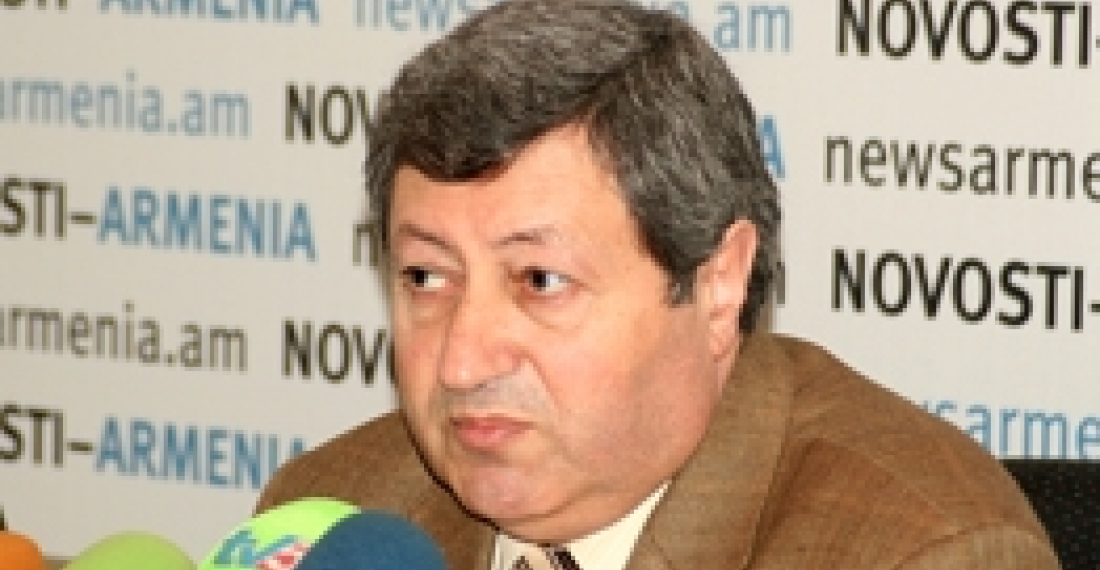Joining the Eurasian Union Armenia will finally resolve the Karabakh conflict, Vazgen Safaryan, Head of the Union of Native Producers of Armenia, told media, Thursday.
"I think that Armenia should become a member of the Eurasian Union when it is the very time to promote our national interests, neither earlier nor later. In 1920s we have already made a mistake and failed to join the USSR in time. In fact, we lost part of our territory. We should not repeat the mistake of the past to maintain what we have now," he said.
Safaryan said that the Eurasian Union does not imply revival of the USSR. It is a project of closer economic integration of the post-Soviet states. In the case of Armenia, he said, joining the Eurasian Union is vitality. It will allow Armenia enter the markets of Russia, Belarus and Kazakhstan (160-170 million people in total). "We have already joined the CIS free trade agreement on October 18 in St. Petersburg and are now following the developments around declaration of the Eurasian economic integration to join it in future," Safaryan said.
On November 18 in Moscow Presidents of Russia, Belarus and Kazakhstan signed declaration on Eurasian economic integration 'road map' of the integration process with a final goal to declare the Eurasian Economic Union. The project aims establishment of a union of independent states with single political, economic, military, customs, and humanitarian and cultural space.







